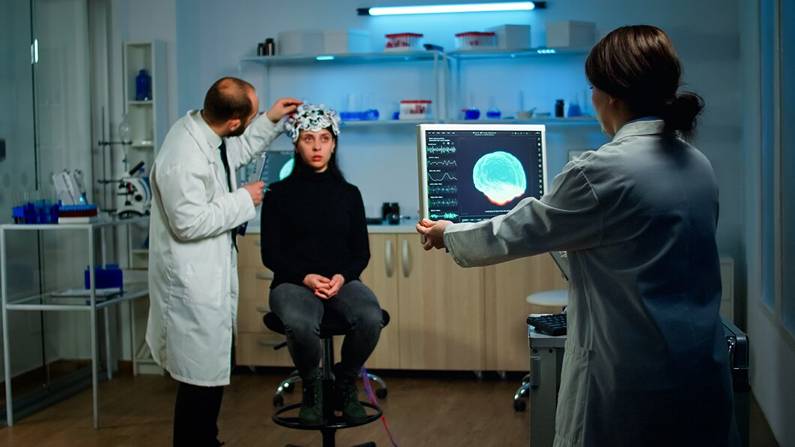
Image Source: Google
Obsessive-Compulsive Disorder (OCD) is a mental health condition that affects millions of individuals worldwide. While treatment options such as therapy and medication exist, some individuals may find that their symptoms are not adequately managed. You may also visit Bio Haven if you are looking for more information about ocd clinical trials.
In these cases, participating in clinical trials can be a valuable option to explore new treatments and contribute to the advancement of OCD research. If you or a loved one are considering participating in a clinical trial for OCD, this guide will provide you with the information you need to navigate this process effectively.
Understanding Clinical Trials
Clinical trials are research studies that evaluate the safety and effectiveness of new treatments, interventions, or devices. These trials are essential for advancing medical knowledge and improving patient care. Before deciding to participate in a clinical trial, it is important to understand the different phases of clinical trials:
Phase 1:
- These trials involve a small group of participants and focus on evaluating the safety and dosage of a new treatment.
Phase 2:
- These trials involve a larger group of participants and aim to determine the effectiveness of a new treatment while monitoring side effects.
Phase 3:
- These trials involve even larger groups of participants and compare the new treatment to existing standard treatments. They provide additional information about safety and effectiveness.
Phase 4:
- These trials occur after a treatment has been approved by regulatory agencies and aim to collect additional information about the long-term risks and benefits of the treatment.
Benefits of Participating in Clinical Trials for OCD
There are several potential benefits to participating in a clinical trial for OCD:
- Access to new treatments that may be more effective than existing options
- Contribution to the advancement of OCD research and treatment
- Close monitoring of your condition by medical professionals
- Potential for early access to promising treatments before they are widely available
- Opportunity to play an active role in managing your OCD symptoms
Factors to Consider Before Participating
Before deciding to participate in a clinical trial for OCD, it is important to consider the following factors:
- Potential risks and benefits of the treatment being studied
- Time commitment required for the trial, including travel and appointments
- Inclusion and exclusion criteria for the trial
- Costs associated with participating in the trial, such as medical tests or procedures
- Potential impact on your current treatment plan
- Potential side effects of the treatment being studied
Final Thoughts
Participating in a clinical trial for OCD can be a valuable experience for individuals seeking new treatment options and wanting to contribute to the advancement of research in the field. By educating yourself about the different phases of clinical trials, understanding the potential benefits and risks, and asking the right questions before enrolling, you can make an informed decision about whether participating in a trial is the right choice for you.